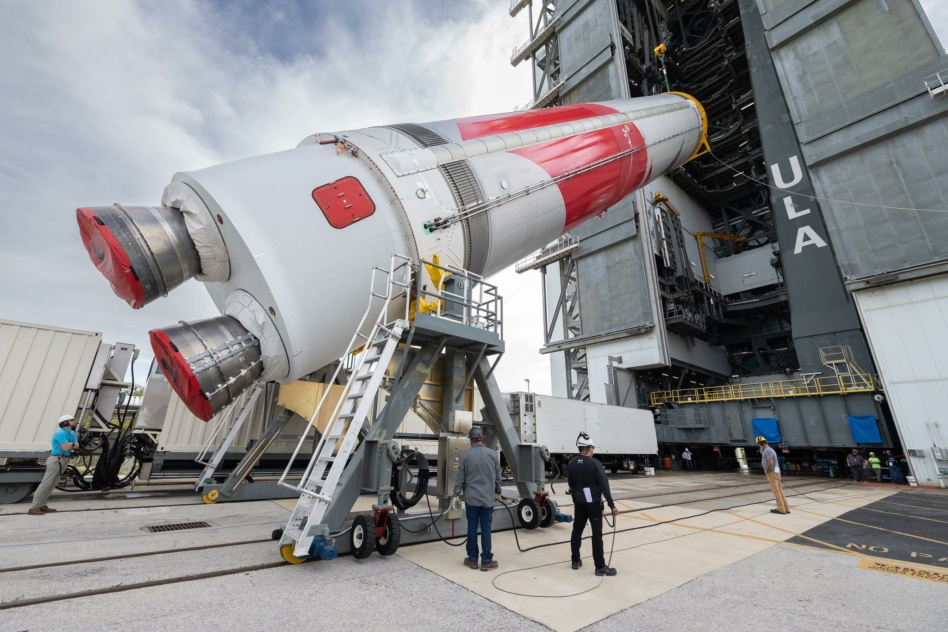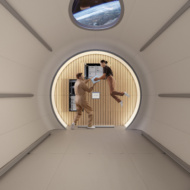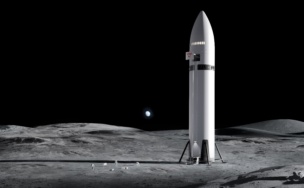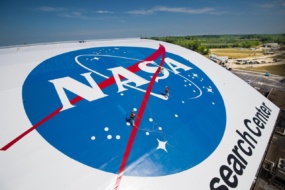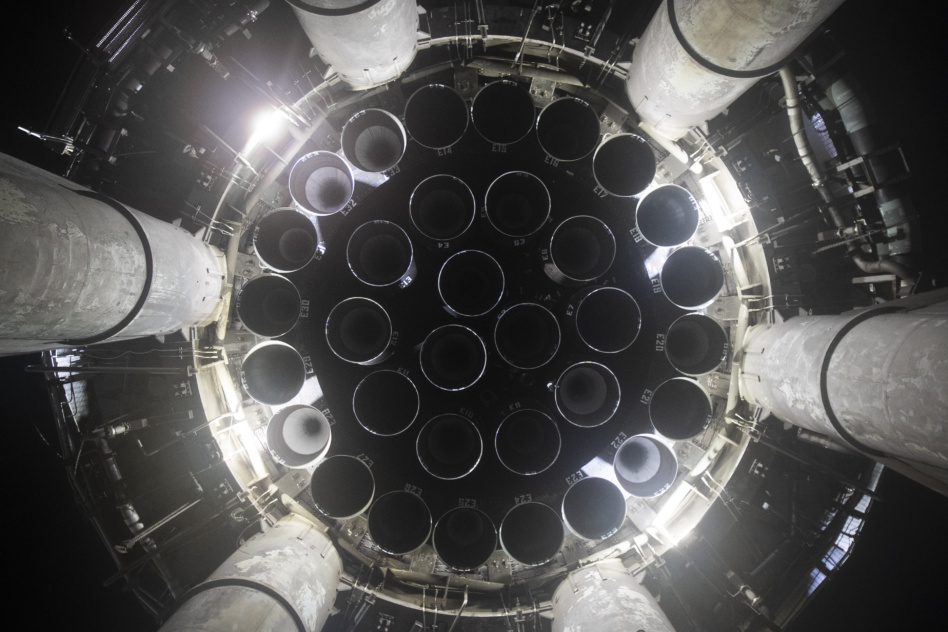Another megaconstellation has cleared a key step toward LEO deployment. On Wednesday, the FCC approved Kuiper’s orbital debris mitigation plan, a significant regulatory hurdle that has been keeping Amazon’s broadband constellation out of the sky.
The story so far: Amazon has taken a long, winding road with Kuiper. In 2020, the FCC approved the constellation, with the caveat that Amazon would need a smarter debris mitigation plan.
Amazon submitted an updated plan a few months later. SpaceX, Viasat, Kepler, NASA, and the NSF, among others, have since voiced complaints and lobbied the FCC to lodge stricter restrictions on Kuiper.
- SpaceX argued that Kuiper should be subject to a Starlink rule. The rule states that if the cumulative remaining operational lifetime for all failed satellites is 100+ years, the company has to put the brakes on deployment pending an FCC review.
- In Viasat’s protest to Project Kuiper, the operator said that Kuiper’s debris mitigation plan “has willfully ignored its obligations.”
Conflict resolution: Ultimately, the FCC sided with Amazon, Since Amazon hasn’t yet tested any Kuiper sats on orbit, the commission said it can’t make any decisions about their reliability or safety.
Under its new mitigation plan, Amazon is required to:
- Report any and all outages of its collision avoidance system
- Submit biannual reports on conjunctions (or close calls with other satellites/objects)
- Report satellite disposals and failures to dispose
What’s next? The first two Kuiper satellites are manifested on the first flight of ULA’s Vulcan, tentatively scheduled for sometime in Q1. Amazon is currently building its constellation and user terminals. Under its FCC license, Kuiper must deploy half its satellites by July 30, 2026, and the rest by July 20, 2029.
